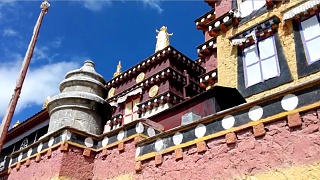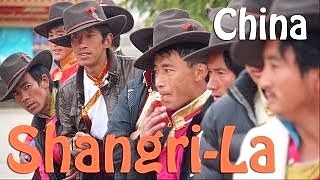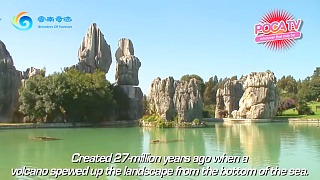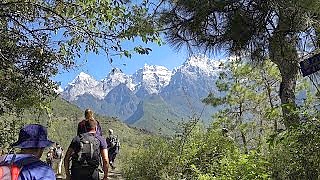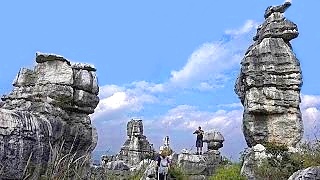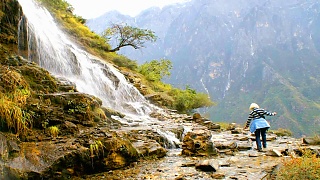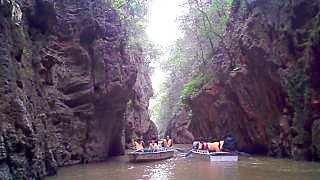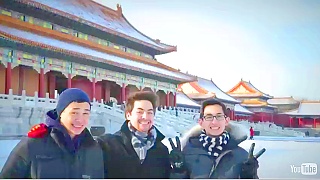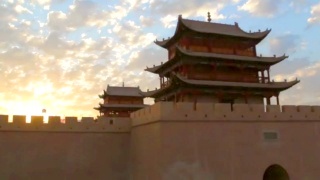Yunnan province.
In this hurried world,
Where is the dreamland?
Life is like a journey -
Where the heart is always on the way.
Every short stay marks
The beginning of the next journey ...
In the end, though, while travel is as sunshine and rain for the soul, paradise is not a far away place, but the journey itself; a change of heart, and lies within us all the time ...
[640],shadow=true,start=,stop=
 Shangri-La 最後的香格里拉
Shangri-La 最後的香格里拉


